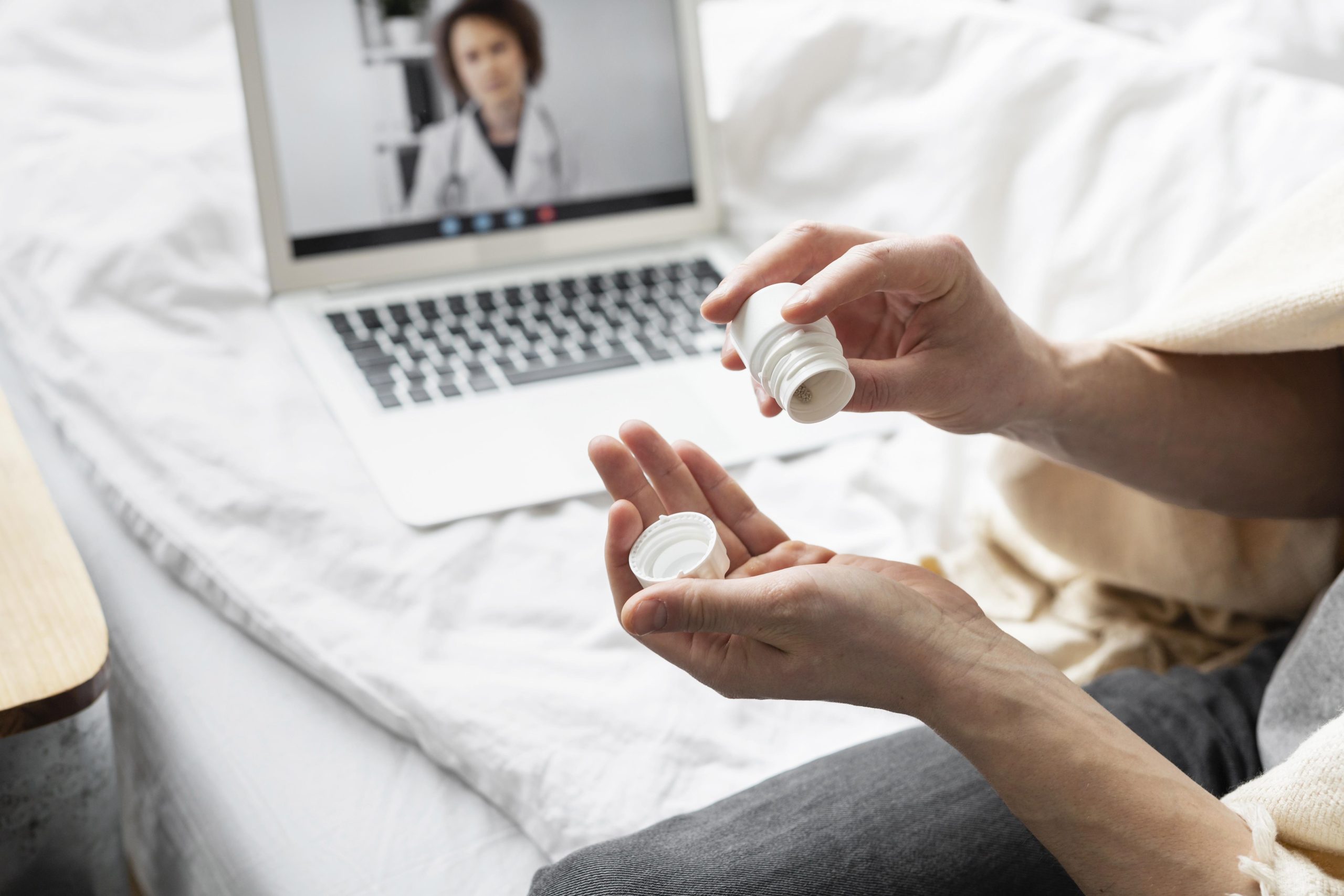Myths Busted: 5 Big Myths About Diabetes
Myths Busted: 5 Big Myths About Diabetes

Globally, the number of people with diabetes have rapidly risen from 108 million in 1980 to 422 million in 2014. Just in Singapore alone, one in nine Singapore residents aged 18 to 69 years were affected by diabetes in 2010 and the number is set to grow bigger in the coming years. While diet and lifestyle changes greatly contribute to the number, getting your facts right can help you to be more aware of the ways to prevent diabetes. Here are the top 5 of the biggest myths about diabetes – busted.
“Only Adults Are Prone to Diabetes”
Type 1 diabetes also known as Juvenile Diabetes gets its name because it is usually prevalent in young children. Type 1 diabetes is an autoimmune chronic condition and is usually inherited and cannot be prevented.
Although Type 1 diabetes tends to occur in children and young adults – it is also possible for Type 1 Diabetes to occur at any age.
“Prediabetes is Not a Serious Medical Condition”
Prediabetes occurs when one’s blood glucose level is higher than normal and is a warning health condition. Neglected prediabetes symptoms and the continuation of lifestyle and diet habits can lead to the development of Type 2 diabetes.
Luckily though, prediabetes is reversible and can be prevented by better lifestyle management and healthy eating.
“All Types of Diabetes Are the Same“
While there are several types of diabetes, the most common amongst people are Type 1 Diabetes, Type 2 Diabetes, and also Gestational diabetes.
- Type 1 Diabetes (also known as Juvenile Diabetes)
Type 1 diabetes is an autoimmune chronic condition and is usually inherited and cannot be prevented. The patient’s pancreas produces little or no insulin and the patient depends on insulin to stay alive. Type 1 diabetes tends to occur in children and young adults – although it is also possible for Type 1 Diabetes to occur at any age. - Type 2 Diabetes
Type 2 diabetes is the most common type of diabetes that can occur to anyone at any age. While the body still produces insulin, unlike Type 1, the body do not respond to it as effectively as before. While type 2 diabetes occurs most often in middle-aged and older people, it is possible to prevent the onset of the disease with proper management. - Gestational diabetes
Gestational diabetes develops in some women when they are pregnant. Most of the time, this type of diabetes goes away after the baby is born. However, if you have had gestational diabetes, you have a greater chance of developing type 2 diabetes later in life. Sometimes diabetes diagnosed during pregnancy is actually type 2 diabetes. - Other types of diabetes
Less common types include monogenic diabetes, which is an inherited form of diabetes, and cystic fibrosis-related diabetes.
It is advised that should you experience the symptoms of diabetes, it is recommended that you consult your General Practitioner to get a diagnosis to better understand your condition.
“Diabetics Cannot Consume Sugar”
For many of us, we associate a high glucose level with sugar and in a bid to reduce the glucose level in our blood, our first reaction is usually to cut down on sugar in our diet.
But to completely cut sugar from our diet is near impossible as sugar provide energy and help form proteins, or are stored for future use. The brain and red blood cells can only use glucose for energy and for the mother-to-be, sugar also helps form the baby’s cells and produce milk.
People with high sugar level should not just blindly opt for “sugar-free” labels on food and beverages as they may have a high-fat content. Rather, eating in moderation and learning to read your food label will help you to manage diabetes more effectively.
“Artificial Sweeteners is not as Bad as Sugar”
Artificial sweeteners are a kind of food additive that provides a sweet flavour, commonly used as a sugar-replacement. Unlike sugar itself, most sweeteners contain significantly less food energy and hence, making it a zero-calorie or low-calorie replacement.
Although artificial sweeteners do not spike blood sugar levels, studies have shown that they have been linked to the development of insulin resistance and Type 2 diabetes.
Some research has found that artificial sweeteners can change the type and number of bacteria that live in your colon, which may contribute to glucose intolerance, weight gain and in turn, diabetes.
In conclusion, introducing a diet rich in fruits, vegetables, nuts and coffee, consuming alcohol in moderation and maintaining a healthy body weight and exercising regularly can help reduce your risk of diabetes and should be made a part of your lifestyle.
More Blogs
Why Real-Time Monitoring is Essential for Modern Nursing Home Management
In the dynamic world of healthcare, nursing homes play a crucial role in providing care for the elderly and those with chronic conditions. As the demand for nursing home services continues to grow, so does the need for efficient management and high-quality care. One of the most transformative advancements in this space is the integration … Continue reading “Why Real-Time Monitoring is Essential for Modern Nursing Home Management”
Read MoreHow Hospital at Home is Revolutionizing Patient Care
In the ever-evolving landscape of healthcare, the concept of “Hospital at Home” is emerging as a transformative model of patient care. This innovative approach is reshaping how patients receive treatment, offering them the comfort and convenience of being treated in their own homes without compromising the quality of care. At Smartfuture, we understand the power … Continue reading “How Hospital at Home is Revolutionizing Patient Care”
Read MoreHow Remote Patient Monitoring is Improving Substance Abuse Care?
Remote Patient Monitoring (RPM) plays a critical role in substance abuse care by providing continuous health data monitoring and immediate response capability. Key components of an effective RPM system include real-time monitoring of vital signs, medication adherence tracking, and the ability to communicate and engage with patients in their recovery journey seamlessly. This technology has proven … Continue reading “How Remote Patient Monitoring is Improving Substance Abuse Care?”
Read MoreCopyright 2023 Smartfuture Pte Ltd All Rights Reserved.



